Maximise Home Efficiency with the Right Hot Water Storage Tank Systems
Storage hot water systems are widely acknowledged as a reliable and energy-efficient solution for countless households in Wollongong. These systems prove especially advantageous for larger families or properties equipped with established electric or gas connections.
While cutting-edge technologies like heat pumps and continuous flow units offer enhanced efficiency, well-configured and meticulously maintained storage tanks can provide outstanding performance, particularly when paired with off-peak electricity or natural gas. Choosing the most appropriate system for your residence depends on several factors, including your current energy setup, available installation space, and daily hot water consumption habits.
Ultimately, this decision should reflect your household’s unique dynamics, specific hot water needs, and the configuration of your energy system.
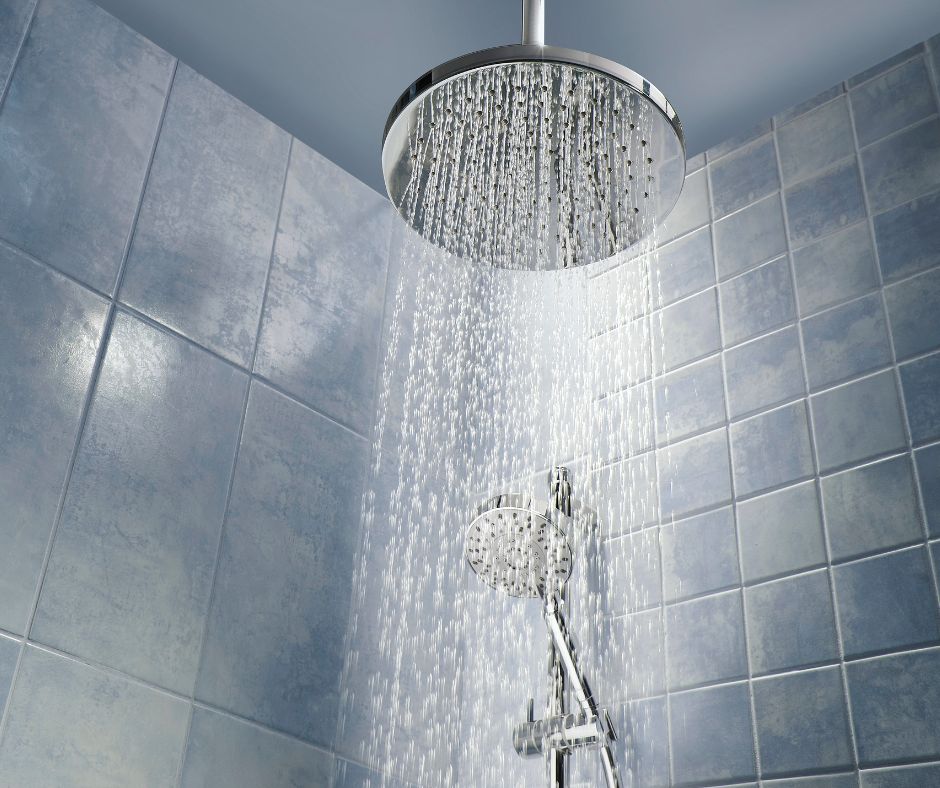
Understanding the Efficient Operation of Storage Tank Hot Water Systems
A storage hot water system functions by heating water within a robust cylindrical tank, maintaining it at a set temperature for immediate access. When you turn on the tap, hot water flows directly from the tank to satisfy your requirements. As hot water is consumed, the system replenishes the tank and reheats the water, ensuring that a consistent supply is always available. This efficient mechanism guarantees that you will never have the concern of running out of hot water during daily activities, providing both peace of mind and convenience for your household.
The selection of available tanks is extensive, boasting compact 50-litre models that fit seamlessly into smaller spaces, alongside expansive units exceeding 400 litres, perfect for larger families or commercial applications. This vast array empowers homeowners to choose a system that aligns perfectly with their specific hot water needs, thereby ensuring optimal performance and efficiency tailored to individual circumstances.
Discover the Financial Benefits of Storage Tank Systems for Your Home
- Simple Design for User Ease. These systems feature a straightforward design, free from complex sensors or intricate electronic components that are likely to fail over time.
- Dependable Operation for an Uninterrupted Hot Water Supply. They excel in homes where there is a consistent requirement for hot water, ensuring that your family’s demands are consistently fulfilled.
- Versatile Installation Options for Any Setting. Storage tanks can be easily installed in various locations—whether indoors or outdoors—and can be oriented either vertically or horizontally to suit your spatial requirements.
- Low Maintenance Requirements for Hassle-Free Ownership. Most replacement parts are affordable and readily available, making the maintenance of these systems manageable and cost-effective.
In numerous households across Wollongong, particularly those with older plumbing systems or larger families, storage tanks remain a trusted and economically viable solution for efficiently meeting hot water demands.
Key Considerations When Choosing Between Gas and Electric Storage Tanks
Electric Storage Systems
These systems are typically user-friendly and straightforward to install, making them an excellent option for homes with a stable electricity supply. They often operate on off-peak tariffs, which can yield substantial savings on energy costs. Electric systems are particularly advantageous for smaller households or properties lacking access to gas connections.
Gas Storage Systems
Gas systems provide rapid water reheating capabilities, making them an efficient choice for households with a high demand for hot water. If your home is already equipped with natural gas, opting for a gas storage tank can be a wise long-term investment, ensuring that your hot water needs are met promptly and efficiently.
Unsure which option best suits your specific situation?
Our dedicated pages on electric and gas hot water systems provide comprehensive insights into both alternatives, empowering you to make an informed decision.
Identifying Common Issues with Older Storage Tank Systems
- Running Out of Hot Water before all family members have had their showers can lead to a significant amount of frustration and inconvenience.
- Increased Energy Bills stemming from inadequate insulation or operational inefficiencies within the system can severely impact your budget.
- Leaks or Rust around the base of the tank may indicate potential system failure and require immediate attention to prevent water damage.
- Slow Recovery Time between uses can cause inconvenient delays in accessing hot water during peak usage times.
- Unusual Noises such as popping or hissing during the heating cycle can signal underlying issues that need professional evaluation.
If you identify any of these issues, it may be wise to consider a replacement or, at the very least, schedule a professional inspection to ensure your hot water system operates efficiently and safely.
Recognising When to Upgrade or Transition to a New Hot Water System
<pIf your current storage tank exhibits any of the following indicators:
- Is older than 10 years, suggesting it may be nearing the end of its effective lifespan.
- Shows clear signs of wear or operational inefficiency, which can negatively impact its performance.
- Struggles to meet your household’s hot water demands, resulting in disruptions to your daily routines.
In such cases, it is advisable to consider an upgrade.
This could involve investing in a new storage tank featuring improved insulation properties or exploring alternatives like an instantaneous or heat pump system, which can provide enhanced efficiency and performance for your home.
We are here to assist you in making the best decision based on your household’s energy access, spatial considerations, and overall water usage patterns.
Essential Considerations When Selecting Your Hot Water System
Storage tank systems continue to have relevance, particularly for larger homes or situations lacking the necessary infrastructure for modern technologies. When appropriately sized and well-maintained, they present a straightforward, cost-effective, and efficient solution for fulfilling hot water requirements.
However, they are not universally applicable. As the market continues to evolve with a diverse range of more efficient and adaptable options, consulting with a licensed plumber becomes crucial. A professional can evaluate your unique requirements and recommend the most suitable hot water solution tailored specifically to your household needs.
Are you in search of guidance in selecting or replacing your hot water system? Contact our expert team today for personalised advice and solutions that cater to your needs.
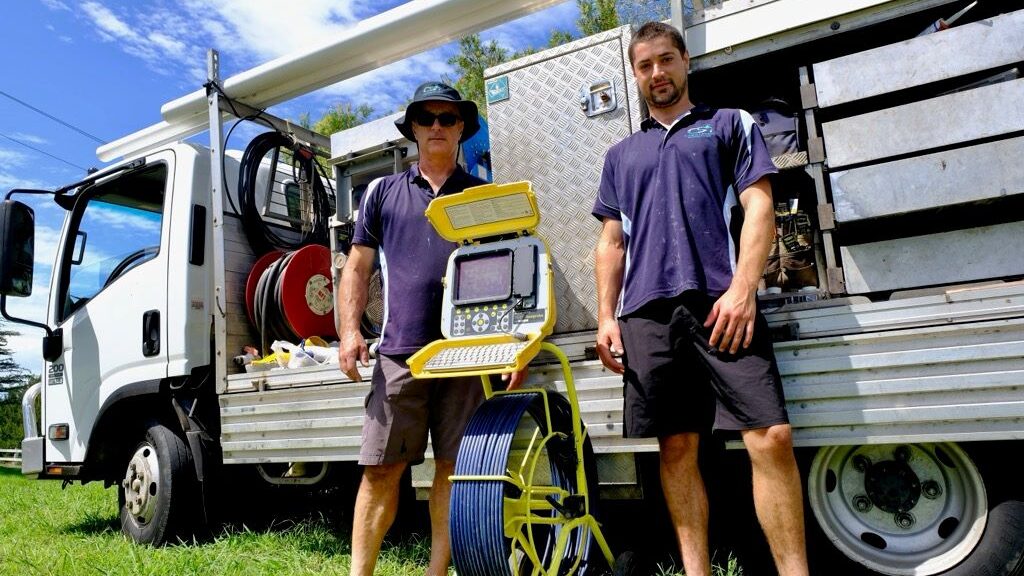
Frequently Asked Questions Regarding Gas and Electric Hot Water Systems
Which Hot Water System Is More Economical: Gas or Electric?
Generally, gas hot water systems are recognised for their lower operational costs, especially if your home is already connected to natural gas. Nonetheless, electric systems that utilise off-peak tariffs or are integrated with solar power can also provide competitive running costs. Your final choice will hinge on your specific usage patterns and the local energy rates in your area.
Which System Heats Water More Rapidly: Gas or Electric?
Gas systems typically heat water more quickly than electric systems, making them particularly beneficial for larger families or homes equipped with high-demand appliances. Although electric systems may exhibit longer recovery times, ongoing technological advancements are enhancing their efficiency and performance.
Are Gas Hot Water Systems More Suitable for Larger Families?
Indeed, gas storage or instantaneous systems are often more appropriate for larger households where several individuals may require hot water at the same time. Their rapid reheating capabilities enable them to comfortably meet high usage demands without quickly depleting the hot water supply.
Can You Install a Gas Hot Water System Without a Gas Connection?
Yes, it is possible to install a gas system; however, you will need to use LPG (bottled gas) instead of mains natural gas. This scenario is common in rural or semi-urban areas of the Illawarra. Be aware that the costs associated with LPG can be higher, and you will need to manage delivery logistics effectively.
Are Electric Hot Water Systems Still a Practical Option?
Absolutely! Electric systems are user-friendly, budget-friendly, and widely accessible. They are particularly suitable for smaller homes, apartments, or properties lacking gas infrastructure. When paired with solar PV systems or utilised during off-peak rates, they can achieve remarkable efficiency levels.
Which System Generally Lasts Longer: Gas or Electric?
Both types of systems typically have comparable lifespans, ranging from 8 to 15 years. Factors such as brand, usage habits, and water quality can influence this duration. Regular maintenance is crucial; components like anodes, valves, and thermostats should be inspected periodically to optimise the system’s longevity.
Which Option Tends to Be More Eco-Friendly?
Electric systems paired with solar power or heat pumps generally exhibit the lowest carbon footprint. While gas systems are cleaner than electricity generated from coal, they still produce carbon emissions. If sustainability is a priority for you, consider opting for modern electric systems or those backed by solar energy.
Are Storage Tank Hot Water Systems Still a Good Choice in Wollongong?
The Article: Storage Tank Hot Water Systems: A Smart Choice for Wollongong first appeared on https://writebuff.com
The Article Hot Water Systems: Why Wollongong Should Choose Storage Tanks Was Found On https://limitsofstrategy.com
References:
Hot Water Systems: Why Wollongong Should Choose Storage Tanks
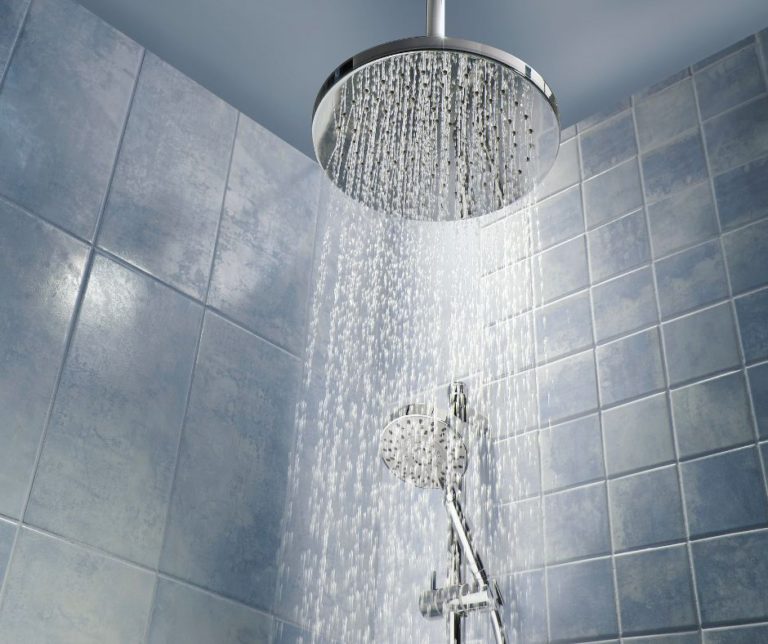

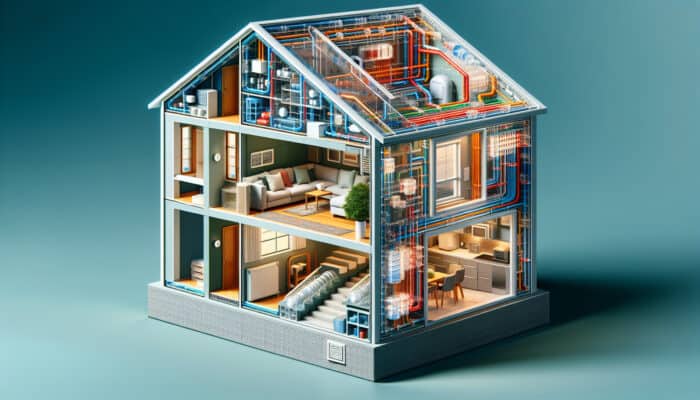
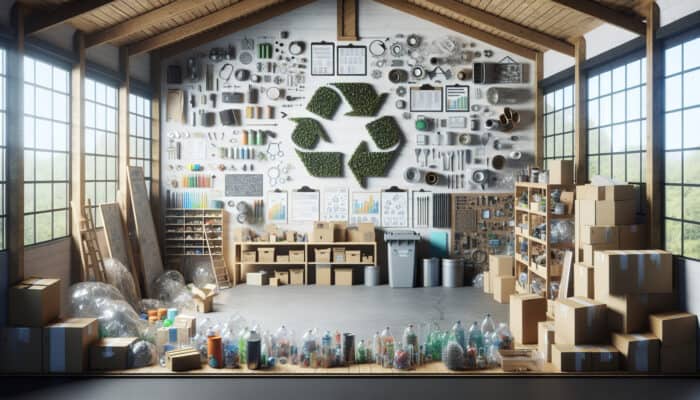

You bring up some great points about hot water systems! I’ve personally found that having a good storage tank makes a significant difference in our family’s routine. With two kids constantly showering after sports practice, our old tank just couldn’t keep up. We switched to a larger system that operates on off-peak electricity, and it’s been a game-changer in terms of both efficiency and our energy bill.